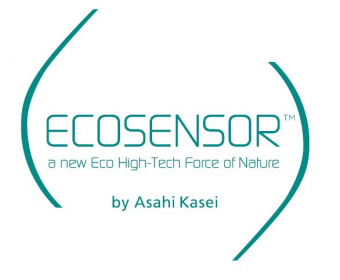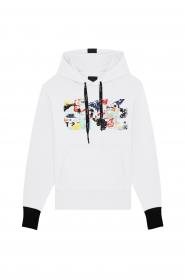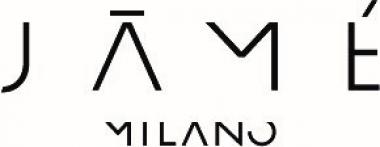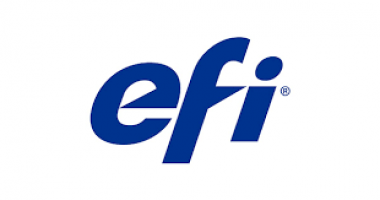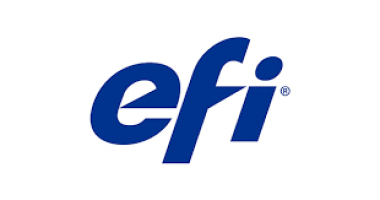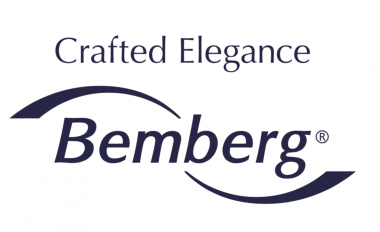SHIMA SEIKI releases digital content web service "SHIMA Datamall™"
SHIMA SEIKI MFG., LTD. announces the release of its new "SHIMA Datamall™" digital content web service.
SHIMA Datamall™ is an online service that allows users to search, browse and purchase a variety of useful data for the planning, production and sales of fashion items. With SHIMA Datamall, users of the SDS®-ONE APEX series 3D design system, APEXFiz™ Design subscription software and SHIMA SEIKI flat knitting machines will be able to streamline their operations and further promote the digital transformation of textile manufacturing, thereby realizing a shift toward sustainable manufacturing.
Digital content available on SHIMA Datamall™, together with yarn data from the yarnbank™ digital yarn sourcing web service, are meant to support knit manufacturing from planning and design to production and sales, by arranging the data on SDS®-ONE APEX and APEXFiz™.
Membership is not limited to users of SHIMA SEIKI products. Anyone can search and browse from digital data comprising over 6,000 items, free of charge. Information gathered on SHIMA Datamall is useful for product planning and ideas for new collections. SHIMA SEIKI users can furthermore purchase and download data to facilitate communication with suppliers.
SHIMA SEIKI MFG., LTD.






